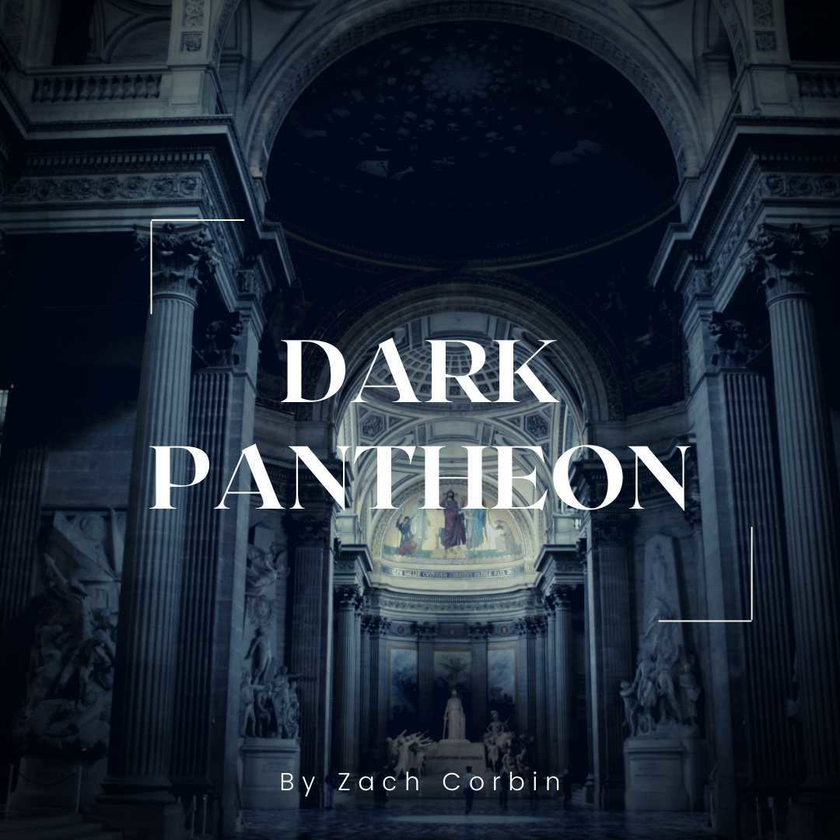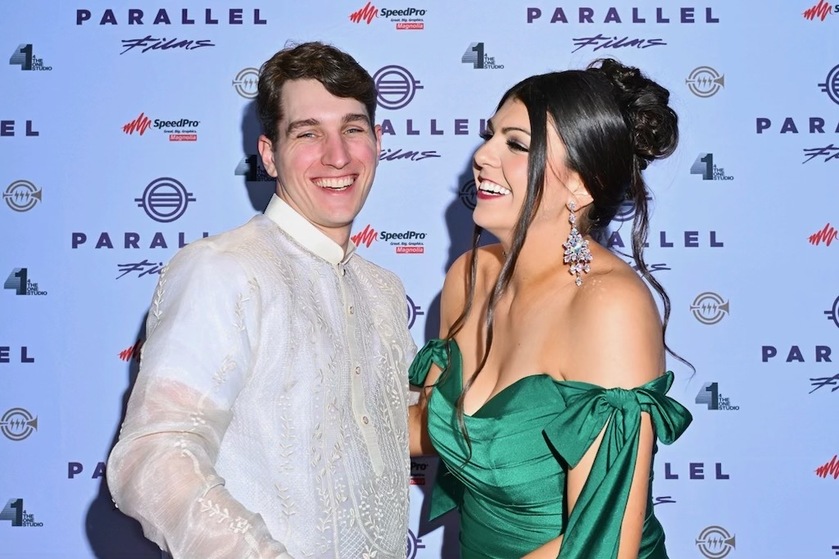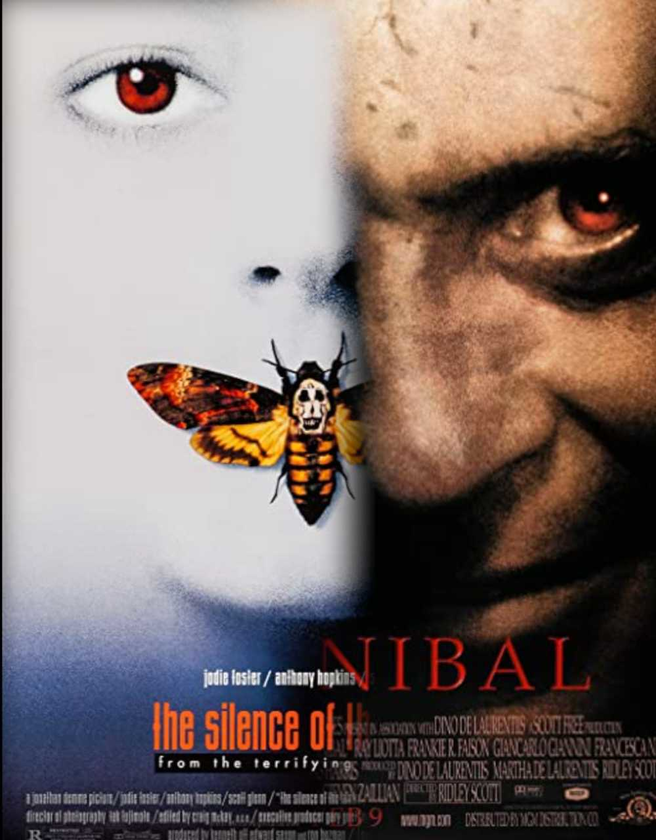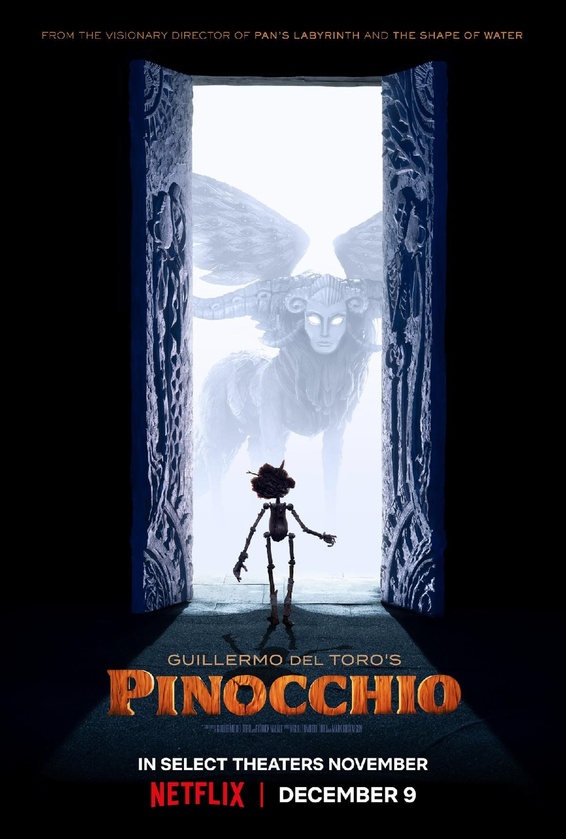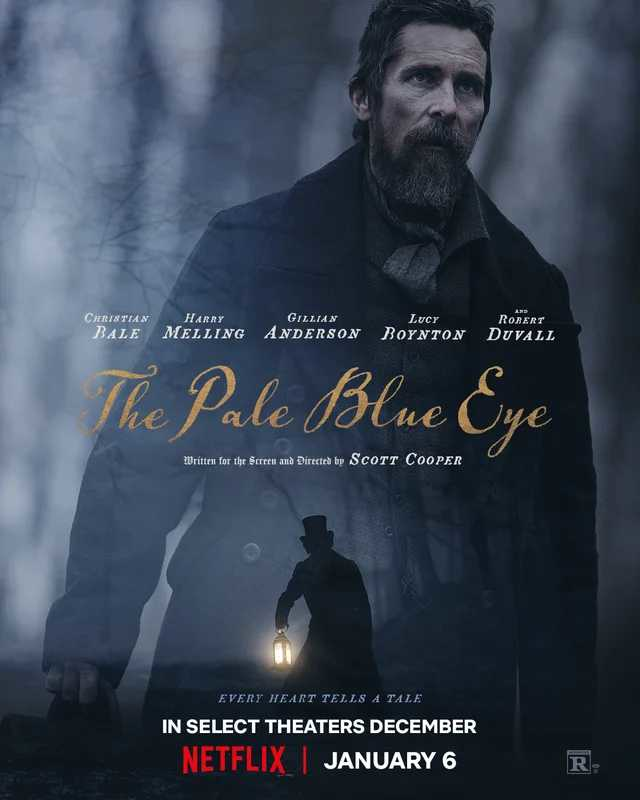Back in ye olden days of the 19th century, a rogue German Philosopher made a bold declaration: “God is dead. God remains dead. And we have killed him.” That man was Nietzsche. His mustache is legendary, and his philosophy helped shape our Modern World. Unfortunately for him, on this point, he was wrong. “That's a bold declaration. Who are you to make such a claim? To call out and smack down one of the greatest minds of the West?” I am but a simple, small-town, backwoods, old-fashioned, Pennsylvanian redneck who reads a lot, thinks a lot, and hardly sleeps a wink. Here's my theory: what Nietzsche observed as the Death of God was actually a societal shift, a turning away from God towards a False Idol: Science.
In his book Story, Robert Mckee said: “Traditionally humankind has sought the answers to Aristotle's question from the four wisdoms – philosophy, science, religion, and art – taking insights from each to bolt together a livable meaning.” If this is correct, then part of what we have seen since the 19thcentury is the elevation of Science to the near exclusion of the other wisdoms. Science has been molded and caricatured into facades of its contemporaries. Science now dictates over morality and thought, demands worship, and claims the nature of beauty and the soul. In the name of Science, we seek to play God. We tell people that gender is malleable. Children are grown in wombs other than their mother’s. Fluoride in our water is linked to decreased IQ and lower levels of testosterone [1]. We alter and manipulate human genetics on a quest towards the creation of the Ubermensch. Hormone blockers for children as young as eight changes their body chemistry for the rest of their life. Aborted fetuses are used for stem cells. These are only a few examples, but make no mistake, lives are thrown away in the process.
I'd like to put it on the record that I am a proponent of the Scientific Method. I love data and statistics, engineering and mathematics, computer science, physics, and the like. But I love them in their proper place. Saint Augustine discusses the concept of “rightly ordered loves,” which is the idea that there is a hierarchy to our loves that dramatically impacts how we live our lives. Adding this into my theory , Nietzsche's observation is shown to be more incorrect than initially thought. Instead of the Death of God, Nietzsche saw a global shift in the order of our Loves that were brought on by The Enlightenment. Humanity began placing Love of Science before Love of God. It's not that God is dead; it's that we don't want to see him. If the “fear of the Lord is the beginning of wisdom...” then this shift may prove to be one of Mankind's greatest follies.
Science has become a religion that manifests itself as the god of scales and measures. “Experts” are our High Priests who read the signs and give prophecies which are often wrong. The Earth is revered like a Mother Goddess with her primordial ooze being the birthplace of Man. Climate Change is an Apocalyptic vision always on the other side of the horizon, and the fear it generates brings repentance and supplication. The followers of this false god are ardent to deny any religiosity. Their actions speak otherwise. Their claims are backed by questionable data and facts are made to suit theories instead of theories to suit facts. In direct opposition to the Scientific Method, this deification of Science is nothing less than an act of Faith. A disordering of Loves. But Science does not stand alone.
Other gods have risen, some old, some new, and have created, what I call, the Dark Pantheon. Politic and Market have reached new heights of worship primarily since their younger sister, Media, has stepped onto the scene. There are other gods, but for the most part, these dark gods hold the most sway over us, the Moderns, the Children of the First World. These gods have risen to prominence because of how well they have worked together. Through its natural course, Science aided and abetted by Market and Politic gave birth to the very technology from which Media spawned.
Of all the gods in the Dark Pantheon, Media may be the most dangerous. Every song, every show, every blog article, every post—every single thing you see on a screen falls under the dominion of Media. And make no mistake, Media is always trying to tell you something. The Dark Pantheon has souls to steal, and Media is the best at bewitching the Lost. Media's spells are subtle. One day you might be driving along in your car when you hear a song on the radio that gets you thinking about things you shouldn't. Drugs, sex, and rock n' roll, perhaps? These spells, once cast, stay in the back of your mind and play over and over again. But Media doesn't stop there. You turn on the late-night TV, maybe some HBO, and you begin to watch. Media casts another spell. This time a spell of sex and violence. Captivated by the story, you do not look away. What was once a simple scene showing two characters making love becomes a pornographic spell. You don't think twice. You keep on watching. These spells are cast all the time. They layer and begin to take away your ability to think. Media says to buy a cheeseburger, and your stomach is already rumbling. Media says you should be out hooking up with strangers, and Tinder swipes go flying. Media uses these spells to help her siblings, probably none more so than Politic.
Politic is an old god. Since ancient times Politic has been watching over and meddling in human affairs doing what he does best: dividing people. Politic breaks people off into tribes and sorts them not by blood relation or values but by trivial things. Sometimes the color of one’s skin or hair, the fact that the other person is from a different class, or even by raising two humans to fame and prominence using them to rally troops to their respective side. Politic tells some men that they are fit to rule and other men that they were simply born to be slaves. The more divided we are, the stronger Politic becomes. With Media's rise to power, Politic has been able to reach more people than ever before. Now, every screen and every waking moment is a chance for Politic to stoke his Flames of Division. To drive people deeper and deeper into their tribal trenches. As no man’s land stacks with bodies, Politic feasts. Meanwhile Market manipulates the battlefield...
Buy, buy, buy! Want more respect from your friends? Buy a new car! Want to get ahead in life? Buy a college degree! Don't feel like cooking? Buy take out for the ninth time this week! Did you spend five hundred dollars on a new wonder-widget last month? Well, that model is old! You need the newest wonder-widget10000, which has all of your old, junk wonder-widget features and adds in ANOTHER feature you’ll never use but HAVE to have! This is the voice of Market. Through every ad, Market calls to you. Wherever money changes hands, that's where Market will be. Even if you don't have the money, you can always buy on credit! Go ahead! Debt is nothing to worry about. You need more stuff. You can never have enough! Consume, consume, consume. Anything and everything is for sale. What about your body, mind, and soul? Market doesn't want any of those things. Market wants to sell YOU to the highest bidder. For Market, worship is the love of stuff. A never-ending cycle of working hard to make more money and spending more money on things you don't need. Rinse and repeat, because there can never be enough.
None of us are free of false worship. Even the most pious and godly among us have the blood of human sacrifice on our hands. Our phones are made in factories with suicide nets on them to prevent the workers from killing themselves on their breaks. Oil from overseas, dragged from war zones, arguably the reason for the wars themselves, power our cars. TV entertainment made in Hollywood, truly a hive of scum and villainy if ever there was one, plays on repeat in our houses. We appeal to numbers and statistics in everything we do. We outsource our thinking to others because we believe them to be smart for their favor of the dark gods. We give as much time as we can to the Black Mirror, the primary altar of their pantheon. We know deep down that this is wrong. Yet, we ignore that feeling in our gut. We tell ourselves that we can't change it and that the course has been set; we have to take the good with the bad. We've made our pact with the false gods.
If you can feel the darkness and despair starting to close in, you aren't alone. Nietzsche and many others since his declaration have fallen into the Black Pit of Despair. If disordering our loves got us here, then the only way out is to order them properly. We have to put Science back in its proper place among the four wisdoms, stop our worship of Media, Politic, and Market, and make every effort to pursue those things that Socrates held above all else: Truth and the Good Life. To do this, we must start from the beginning. Learn about philosophy and history by reading the classics. Discuss what you've learned with others. Pray daily and learn how to walk with God. Become an anchor of your community. Learn how to create and embrace great art. Figure out your values and support the people, places, and things that share and live out those values. Train your heart, mind, body, and soul. As cliche as it sounds, be the change you want to see. This is what it means to be a Complete Person. This is how you free yourself of the Dark Pantheon.
-Zach Corbin
#Article #ForerunnerPublications #ZachCorbin
References:
[1] https://fluoridealert.org/studies/brain01/

